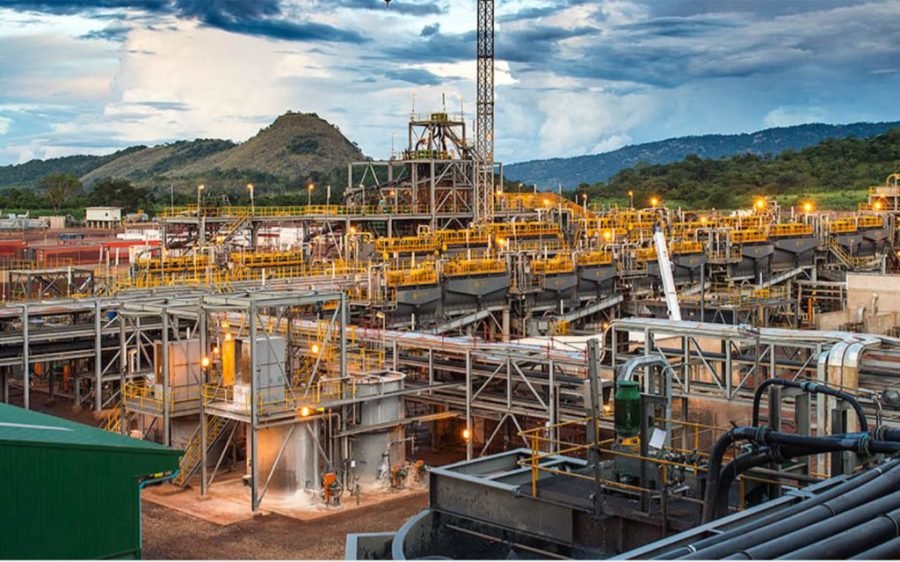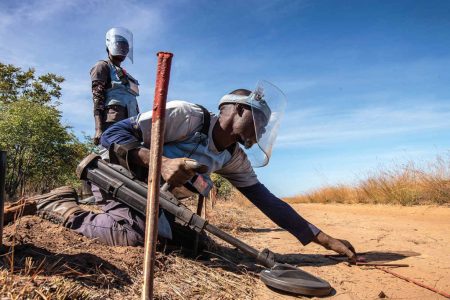Australian mining company Triton Minerals, which holds the rights to three graphite deposits in Cabo Delgado, northern Mozambique, has announced that its board of directors and its backer Shandong Yulong have formally recommitted to the Ancuabe Graphite Project.
According to a statement to the Australian Securities Exchange, Triton confirmed that it will go ahead with the project in line with the 2017 Definitive Feasibility Study to build a graphite development project.
This would be achieved through the production of 60 kilotonnes per annum of high-purity large flake graphite over a 27-year mine life.
China’s Shandong Yulong confirmed that its proposed cornerstone shareholding in Triton will be a strategic asset in its battery metals portfolio.
Shandong Yulong will invest AU$5 million (US$3.4 million) in the project and will also support key inputs such as engineering, mining technology and construction, marketing and finance.
Rod Zhang, chairman of Triton’s board of directors, said: “The Ancuabe project is a world-class graphite project due to its high purity and large flake concentrate, which provide a sound basis to secure premium sales prices in a highly competitive market. “Yulong is very eager to assist the company to get into production as soon as possible.”
Triton is currently updating the 2017 feasibility study to incorporate current prices and borrowing costs.
Graphite is a highly valued form of carbon due to its properties as a conductor of electricity. It is used in batteries and fuel cells and is the basis for the “miracle material” graphene, which is the strongest material ever measured, with vast potential for use in the electronics industries.




